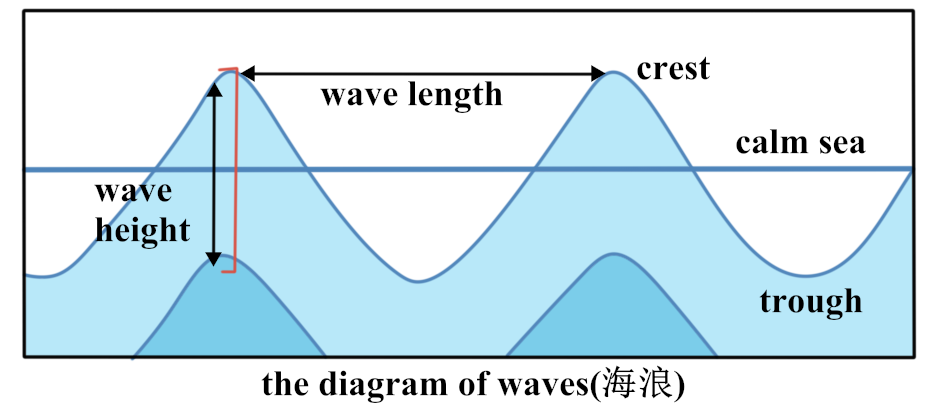



| China National Film Museum 9 Nanying Road, Chaoyang District, Beijing Tel: (010) 8435 5959 Open: 9:00 — 16:30 except Mon. www.cnfm.org.cn Gift shop with legitimate DVDs/cafeteria/snack shops (popcorn for movie viewing) | Forbidden City and the Palace Museum 4 Jiangshanqian Street, Dongcheng District, Beijing Tel: (010) 8500 7421/7420 Open: 8:30 — 17:00, Apr. 1 — Oct. 31; 8:30 — 16:30, Nov.1 — Mar. 31 Closed on Mon. afternoon except public holidays and summer vacation (July 1 — Aug. 31) www. dpm.org.cn Gift shop/book shop/museum guide available/restaurant/coffee shop/shops and cafes |
| National Art Museum of China 1 Wusida Street, Dongcheng District, Beijing Tel: (010) 6400 1467 Open: 9:00 — 17:00, last entry 16:00 www.namoc.org Cafeteria at the back of the building | National Museum of China 16 East Changan Street, Dongcheng District, Beijing Tel: (010) 6511 6188 Open: 9:00 — 17:00 except Mon, ticket box closed at 15:30 www.chnmuseum.cn Gift shop/audio guide |

| A. Use word parts B. Look at the words C. It might sound like a word you know D. You can find the word in a dictionary E. Following some easy steps can help you F. If the word shelter doesn't look familiar, look at the words around it |
| dream shine give out win hold |